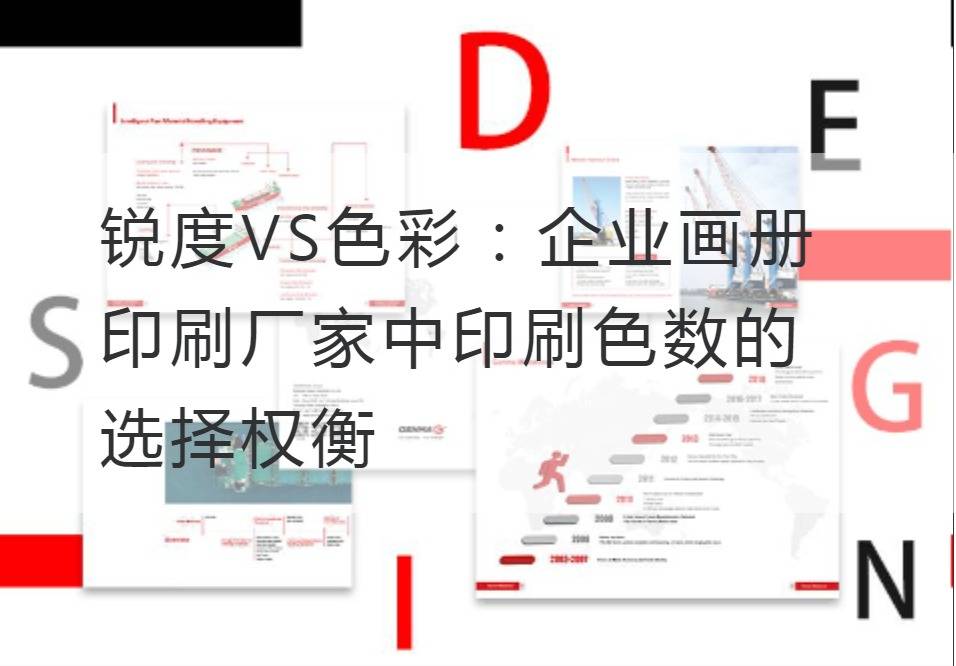Sharpness vs. Color: Selection Trade-offs for Printing Color Numbers in Enterprise Album Printing Plants
In the grand visual arts theatre, sharpness and color hold a far-reaching subversive dialogue. A game of corporate picture book printing, discussion contains sharp and gorgeous words, full of modern visual interpretation, and industry ups and downs trade-offs and choices. As the storm approaches, let's take a look at how manufacturers trade off these two crucial elements - sharpness and color - in their choice of color numbers.
Color, full of emotion and vivid soul, its presence shapes the key aspect of our visual art. Color printing uses four colors - cyan, yellow, red, and black (called CMYK) - to match and combine them to form a myriad of colors. A fine enterprise picture book, if not rich color, just like a tall tree without green leaves, lack of vitality. However, one thing to keep in mind is that the increase in color has a direct impact on printing costs. Pure pursuit of color richness, ignoring cost control, I'm afraid will become a senseless luxury.

Sharpness, on the other hand, is the spirit of hyperbolic photography. It tests the textures and glosses of printing, the clarity of detail, and projects an incomparable sense of authenticity to the eye. In the printing process, sharpness is determined by the print quality and image resolution together, obviously, it is not directly affected by the color prime number.
However, even if sharpness can be color independent, sharpness and color inevitably enter a trade-off when choosing the number of color to be printed. On the one hand, it is generally accepted that the halftone printing method can maintain sufficient sharpness even when only standard four-color printing is used. This approach simulates color depth by using ink dots of different sizes, even on paper material, giving an almost continuous tone effect.
Multicolor printing, on the other hand, has the advantage of a wider color range and rich detail, especially for high-end corporate albums that require emphasis on detail and color accuracy. However, adding color also adds complexity and cost, so it's not just sharpness versus color, but cost versus benefit that needs to be traded off.
When weighing these two factors, the key is to find the most effective way to achieve the best sharpness and color effect, and to achieve effective cost control through effective control of technical parameters and fine selection of process techniques. This is not only a technical issue, it is also an art that needs to balance aesthetics, cost and practicality.
In summary, sharpness vs. color is not a zero-sum game, the two go hand-in-hand in practice. Choosing trade-offs does not imply abandonment, but rather emphasizes seeking to maximize results in limited resources. In the selection of printing color numbers, we need not only sharpness and color, but also the expertise and experience of the printer, as well asEnterprise album printingInsights into industry trends.
Recommended Reading:
Application and Challenge of AM Network in Shanghai Album Design
Applicability of AM Nets in Optimizing Shanghai Album Design
Shanghai Album Design: Enlightenment of AM Dot Technology
How to Improve the Standard of Shanghai Album Design by Using Output Correction



